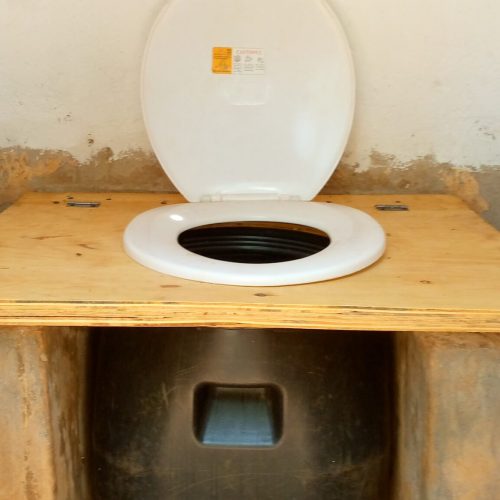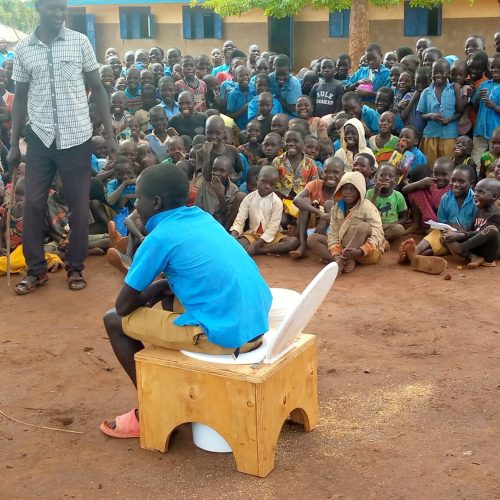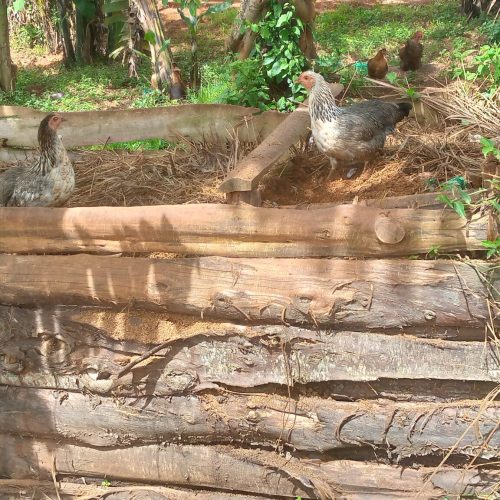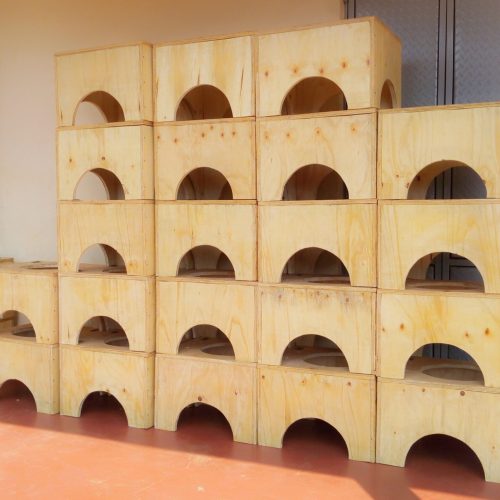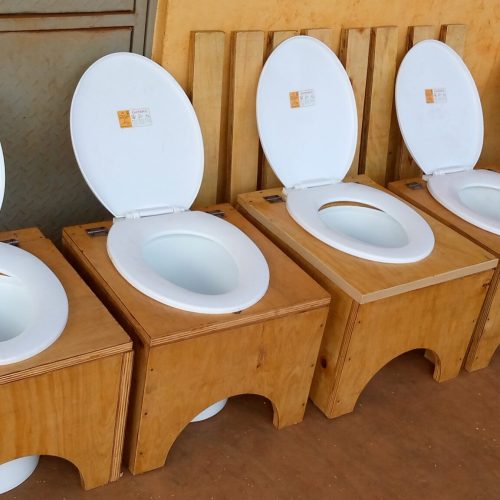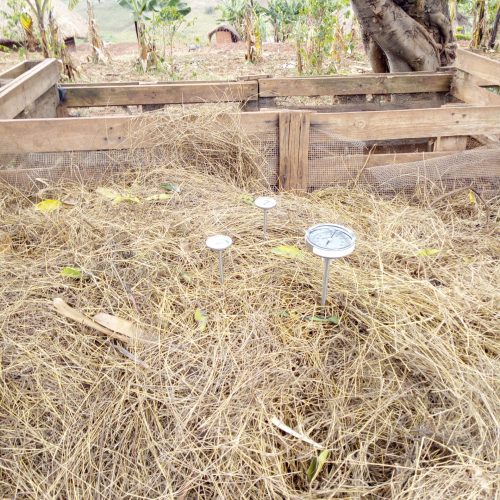Empowering Communities Through
Clean Water and Sanitation
The Burden
Access to clean water and proper sanitation remains a critical challenge in rural areas across Uganda, where millions face severe water shortages and inadequate hygiene facilities. With a population of 50 million, Uganda has 19.2 million people lacking access to clean, safe water close to their homes, and 37.3 million—most of whom live in rural areas—do not own a decent toilet. These dire conditions have far-reaching negative impacts, including the spread of waterborne diseases and loss of livelihoods.
Women, children, and the elderly bear a disproportionate burden in this crisis. They are often tasked with fetching water from distant and unsafe sources, jeopardizing their safety and well-being while consuming precious time that could otherwise be dedicated to education, economic activities, or childcare. This cycle perpetuates poor health, poverty, and inequality. The increasing frequency and severity of droughts, driven by climate change, further exacerbate access to water and sanitation.
Severe health challenges arise as rural residents primarily rely on surface sources such as ponds, rivers, and lakes for drinking water. Sharing these sources with animals compounds the problem, leading to waterborne diseases like cholera and dysentery—conditions that disproportionately affect children and the elderly. Authorities report that over 70% of diseases treated in Uganda stem directly from a lack of clean water or poor sanitation hygiene.
Inadequate sanitation facilities contribute further to hygiene issues, often resulting in open defecation, which contaminates water sources. Poor sanitation creates unsafe and undignified environments, particularly for women and girls, who face additional challenges related to menstrual hygiene and safety. Without immediate intervention, rural communities will continue to face worsening water shortages, degraded health outcomes, and diminished opportunities for development.
JDI Impact!
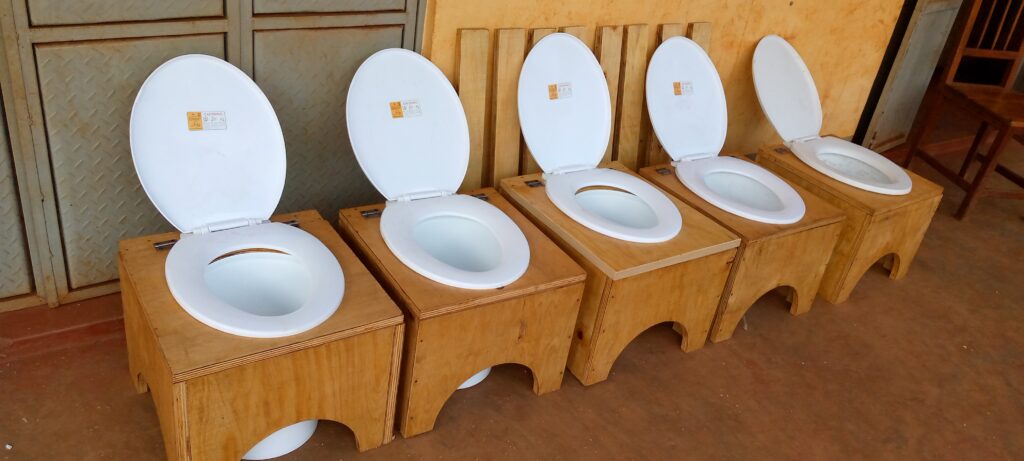
JDI at Work
JDI seeks to improve access to clean water and sanitation for people in targeted drought-affected communities in Zombo district by implementing sustainable water infrastructure and hygiene solutions. Our initiative focuses on three core areas: the development of water systems (boreholes, wells, and rainwater harvesting), the construction of sanitation facilities (latrines, new toilet systems, handwashing stations), and community knowledge dissemination and capacity-building on water management and conservation.
By empowering local communities with the tools and knowledge to manage their water resources effectively, JDI aims to reduce waterborne diseases, enhance community health, and build resilience against future droughts. With active community participation, this initiative will create long-lasting improvements in water access and sanitation, fostering healthier, more sustainable livelihoods.
